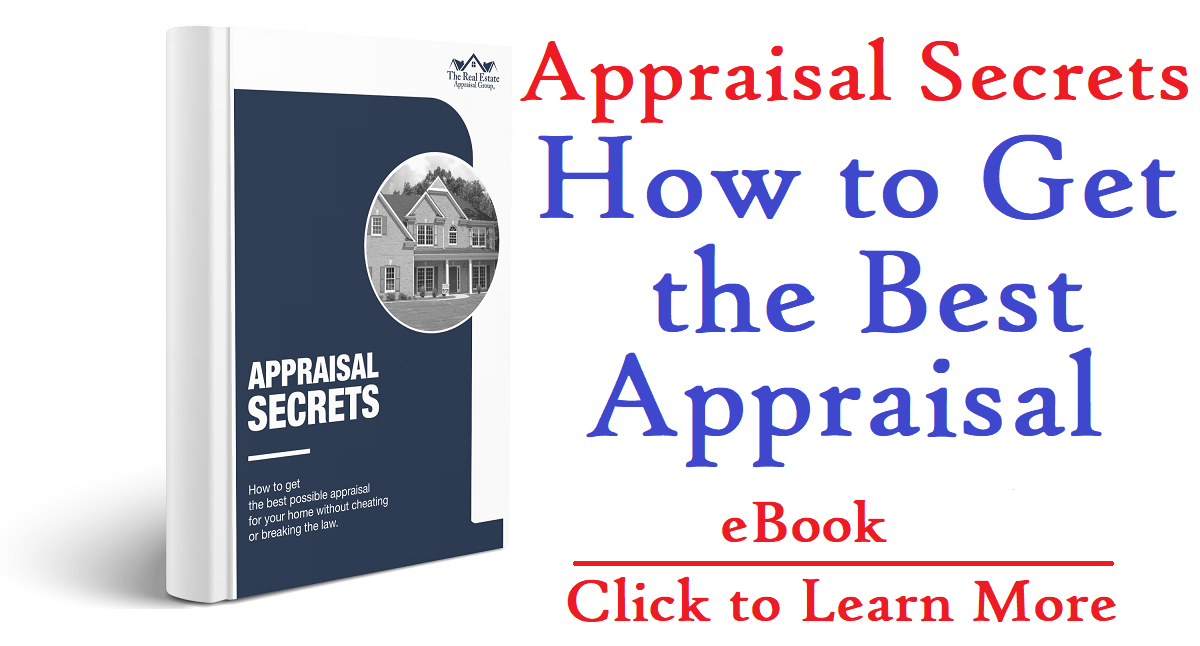
by Jonathan Montgomery | Aug 26, 2015 | Uncategorized
Trying to sell a property on a busy steet certainly comes with it’s roadblocks. Almost every home buyer has to compromise on something they want when buying their first home. It might be a 3rd bedroom bedroom. It might be a large back yard. When living near a road with high traffic, the compromise is usually peace and quiet. Homes near busy roads can sell for upwards of 15% less than nearby similar ones- they attract far fewer buyers than those in the rest of the neighborhood. To buyers who don’t mind, this is great news- there are always solutions to dealing with the sound of the street. Here are 5 tips to keep in mind when dealing with with homes near traffic: 1. You Can Make the Inside Quieter. Even something as simple as a blowing fan can make the sounds of traffic less noticeable. Playing soft music around the house can help distract buyers from the outside noise- especially in rooms with windows. A nice pair of heavy drapes can help some, but the most important thing is to make sure windows are sealed correctly with caulk and weather strips. The more expensive triple-pane or noise reducing windows will really do the trick if it’s a serious problem. 2. Make That “For Sale” Sign Pop. This is one of the few advantages of living near a busy road. With more people passing by, your street sign will get more exposure. To attract more buyers, try to include more information about the house by putting more information in the sign: RENOVATED! POOL! 3 BEDROOM! and so on....

by Jonathan Montgomery | Aug 20, 2015 | Uncategorized
Say it needs some “tender love and care“, say it’s a “lived in” home, call it whatever you want- as real estate appraisers, we come across a lot of properties that clearly need a little fixing up. Good real estate agents want to do more than just help their clients find a property, they want to find their clients a home. When we come across features of a house that need repairs, obviously we note it in the appraisal. When clients read our report, scenarios like “Oh no… there’s a lot we need to fix up“ or “We’d like to do renovating or remodeling” (what’s the difference?) are not uncommon. This is where most experienced real estate agents like to swoop in with the classic line: “Don’t worry, I got a guy.” The agent hands over a business card, the client calls the exterminator/plumber/electrician/whatever was needed, and the problem is solved. It’s just that easy, and it’s always been that way. Well not anymore. https://youtu.be/GrcR-SOUEeo The most recent updates to the Real Estate Commission Regulations brings a new requirement with it that some other states have already adopted. Agents are now required to verify whatever vendor or service provided they reccomend has all the up-to-date permits and a valid state license. An electronic link must be provided so any third party can verify this, as all referrals also must be submitted in writing. This applies to more than just referrals to clients. Brokers, inspectors, contractors of any kind… any profession remotely related to real estate that requires a license, you need to write your...

by The Real Estate Appraisal Group | Aug 12, 2015 | Uncategorized
The 3 Real Estate Appraisal Myths. As appraisers, we talk to a lot of different people in the real estate world every day. In our experience, we’ve come to notice there are a lot of common misconceptions and myths about the appraisal process. In this video, we debunk some of the most frequent misunderstandings we come across when it comes to appraising homes. 1. Real estate agents can’t talk very much about the appraisal with the appraiser. This is just untrue. In fact, we love it when agents help us out. It’s truly awesome when we get suggestions on potential comparables, lists of recent updates or renovations to the home, or just generally any sort of information that will help us with the appraisal process. What isn’t allowed: We’ve appraised a few properties where after shaking hands with the agent, they drop that classic line: “Is this the part where I give you the $200?” We’ll gladly take your money, but don’t expect it to change anything. Trying to convince, suggest, coerce, or attempt to sway the appraiser towards a certain value and get or to overlook a certain part of the property in any way is strictly prohibited. 2. Appraisers and home inspectors look for the same things. This is also false. A real estate appraisal and a home inspection are two very different things. When we go to appraiser a property, we don’t even say we’re going on an inspection- in our office, we call them site visits. Among a few other things, most people misunderstand what exactly an...

by The Real Estate Appraisal Group | Aug 6, 2015 | Real Estate Terminology, Uncategorized
As real estate appraisers, we read through tons of listings every day when searching for comparable homes. For the most part, these listings are all very similar. There are a few different strategies we’ve seen for writing a listing that always seem to catch our attention, and in our experience those are the properties that sell the fastest. The real goal when writing a listing is just to peak someone’s interest long enough to get your property a second or longer look. If your listing makes people curious, they’re more likely to forget about that 4th bedroom they just had to have when they see the photos of your properties spacious lawn- even though it wasn’t what they were looking for. Here are some tips to write a better real estate listing: 1. Don’t do what everybody else is doing. “Everyone does it this way; I guess this is just how you write a listing.” –everyone who’s property isn’t selling. Being original isn’t easy. It seems so simple to just copy-and-paste the features of the home you want to sell into a standardized template and post away- but that’s exactly what we don’t want. You want to stand out and be eye-catching, you want that buyer to click your link. There are a few good places in the listing that are best suited for a little originality. It may seem unorthodox, but don’t be afraid about scaring away buyers with your stand-out listing- you’ll attract a lot more viewers than you’ll lose. 2. The Beginning is Everything. The BEGINNING is your first chance to catch a buyer’s attention. It’s...
by Jonathan Montgomery | Jul 29, 2015 | Uncategorized
Having worked as brokers, agents, and appraisers, we certainly understand the ins and outs of negotiating a real estate contract. As such, we’ve also come across that awful scenario (and headache) of a real estate appraisal coming in below the contract price. So the Appraisal Came in Too Low- What Now? Typically, this puts the ball in the buyer’s court. As an agent, it’s part of the job to make sure your client doesn’t end up paying too much for their house. Of course the option of taking the lower financing and coughing up a larger down-payment is always there. Sadly, we often see agents who just decide to roll with it and recommend this course of action to their clients. As a buyer agent, don’t be afraid to go to bat for your clients. An offer should be based on what the home is worth, and not the listing price. Cost and value are very different things. When an appraisal comes in lower than the asking price, renegotiating the sales contract should be the buyer agent’s first course of action (provided the seller is willing to listen, of course). Sometimes, a seller might try to discredit or cast doubt on the appraisal by looking for some mistakes. Don’t be afraid of potentially ruining the deal; this is where you need to stand your ground as an agent, and look through the appraisal yourself. “Well that’s just the one appraiser’s opinion; we think our price is perfectly fair.” It’s very important to remember that real estate appraisers have to follow a certain set of rules. There...






Recent Comments